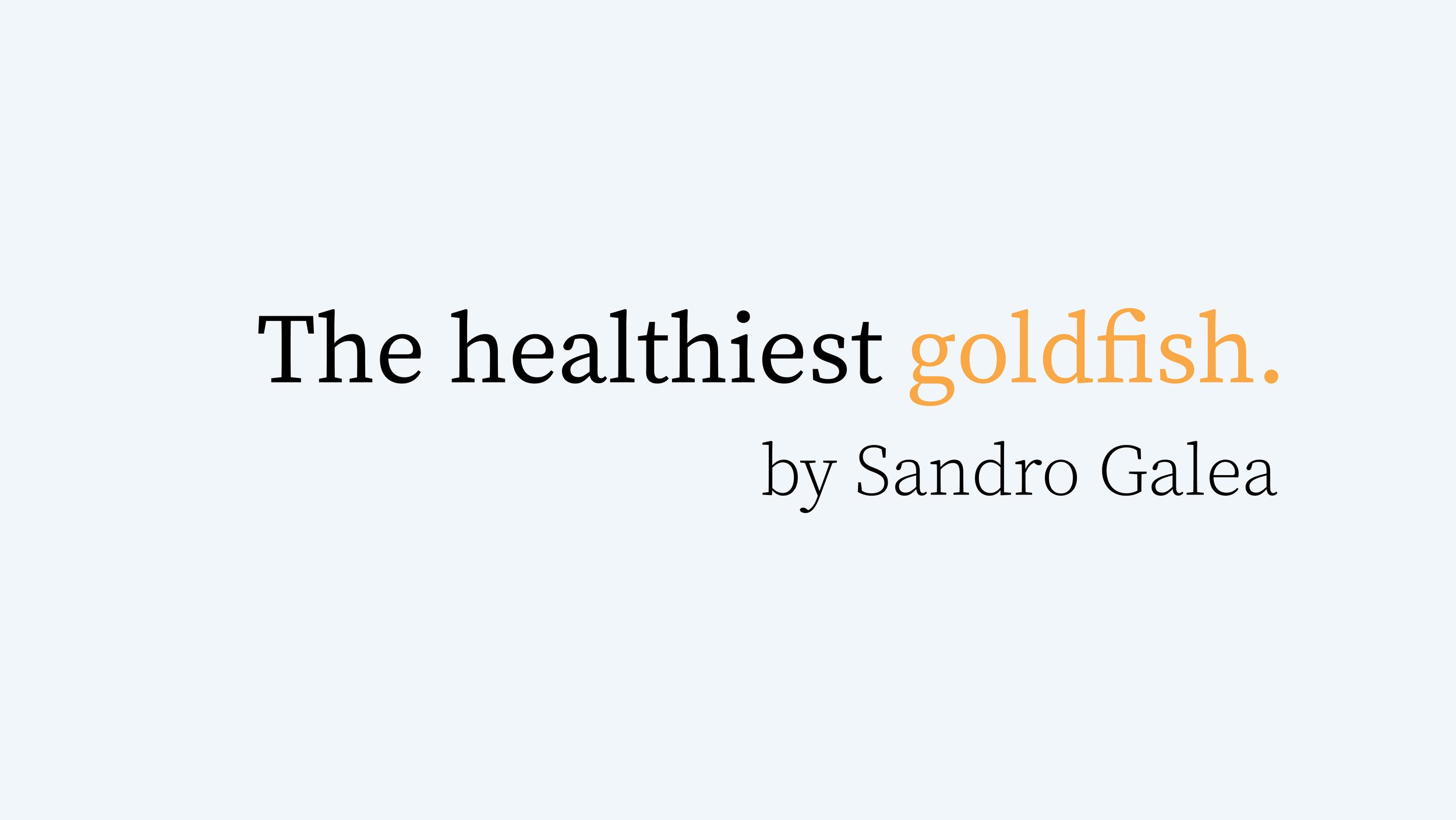Revisiting how approaching our work from a Western, high-income perspective can shape how we think and what we do.
II try to be alert to my biases when I think, write, and act. As I have written before, our biases inform the questions we ask about our health, pointing to answers that then inform action. One feature of thinking about one’s biases is the recognition this brings of having even more biases than one originally considered—more, perhaps, than anyone can fully reckon with. Social and occupational status, personal identity, our talents and lack of them, our virtues and shortcomings all constitute the lens through which we see the world. They are the water in which we swim. Just as water is to the swimmer so ubiquitous that they can forget they are in it, our biases are so ubiquitous that they can shape much of what we do and think without our being fully aware of them.
This makes it important to continually revisit our biases, in the interest of keeping them in perspective so that, even if we can never fully step outside of them, we can at least remain aware that they are there, an inextricable part of how we see the world. Addressing our biases is also core to building and maintaining the public’s trust in what we do. If we allow ourselves to become out of touch, unaware of the biases that shape our view, we are less likely to be seen as trustworthy, engaged partners in the work of promoting health, alienating us from the public. This alienation works both ways. When our vision is clouded by bias, it is harder to see the person standing in front of us, harder to understand their perspective, or what is most supportive of their health.
Read more here.




